Smart factory coming to WSU is hoped to represent the future of manufacturing
A partnership with Deloitte will bring a smart factory to Wichita State’s innovation campus, according to a release published by Strategic Communications on Sept. 10
Deloitte and Wichita State have partnered together to launch a smart factory on the innovation campus, according to a news release sent out by strategic communications on Sept. 10.
Stephen Laaper, Deloitte principle and digital supply network leader, said in an interview with The Sunflower that the factory will not only be able to help the community, but also the individual students.
“Our objective is to demonstrate to organizations how to build a smart factory of the future at scale, that’s really the key,” Laaper said.
The smart factory will be hiring a number of students, Laaper said.
“If you think about the students, this is going to have an impact on the student population because now they’ll be able to see, you know … that most advanced leading manufacturing capabilities,” he said.
Laaper said that one of the factory’s goals is to expand the vision of manufacturing.
“This is really going to represent the future of manufacturing,” he said. “What you’re going to see being built on the innovation campus really is yes, Deloitte coming forth with a lot of the different technologies and capabilities, but you’re also going to see an ecosystem of other companies that are joining us in this endeavour.
“It’s really gonna highlight the number of capabilities that will be required for companies to really scale this kind of manufacturing improvements.”
Laaper said the journey to bringing the smart factory to Wichita came about after a long research process.
“We did a pretty expansive search as to who we’re going to partner with and what product we’re going to make,” he said. “Often as a consulting firm we come into an experience with a client where they make something and we help them improve that or help them in a way to create financial advantages, here, we kind of got to pick the product a bit which was fun.”
The smart factory will partner with a STEM education company and will focus on creating education kits for not only the factory’s participants, but also to donate to the community as a whole.
“[To create the kits] we’re going to be using a lot of their existing components [and] then we’re actually going to be custom creating in our manufacturing line additional components,” Laaper said.
Laaper said Deloitte partnered with WSU for a number of reasons.
“[Wichita State’s] dedication not only to education … but also really a commitment to that broader ecosystem and an understanding that it really takes a lot of different organizations to be able to power these types of, in some cases quite complex solutions,” Laaper said. “That alone was kind of one of the key elements.”
Laaper said that even though the factory will include a lot of artificial intelligence, it will still have a big focus on people.
“Access to talent in the area, of course, is critically important because this isn’t something that happens absent people,” he said. “While there may be robotics and there may be some advanced solutions, this is going to be a factory that is still going to be about people.”
EDITOR’S NOTE: this story was edited on Sept. 24 at 10:21 a.m. to fix a misspelled word and to add clarification.
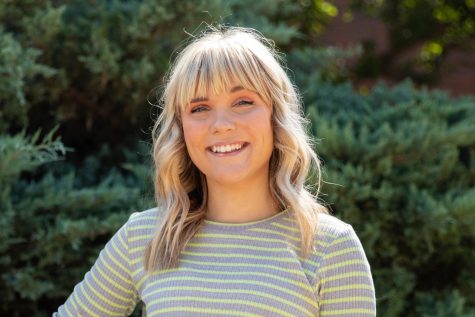
Lindsay Smith is the former editor-in-chief and newsletter editor for The Sunflower. Smith was a journalism major at Wichita State with a minor in creative...




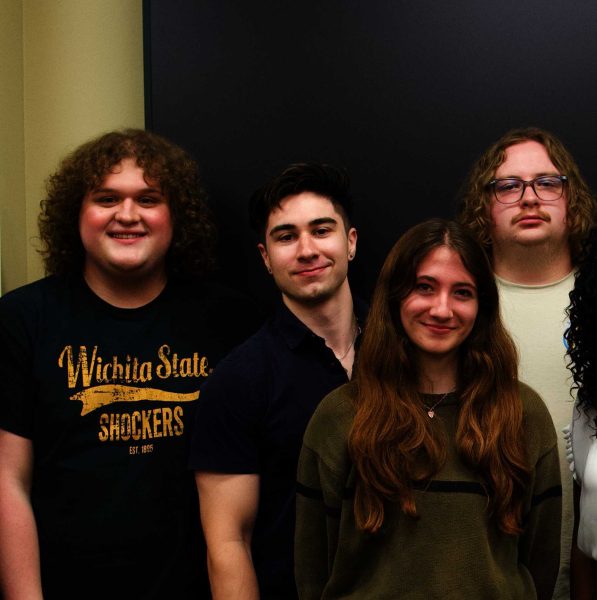
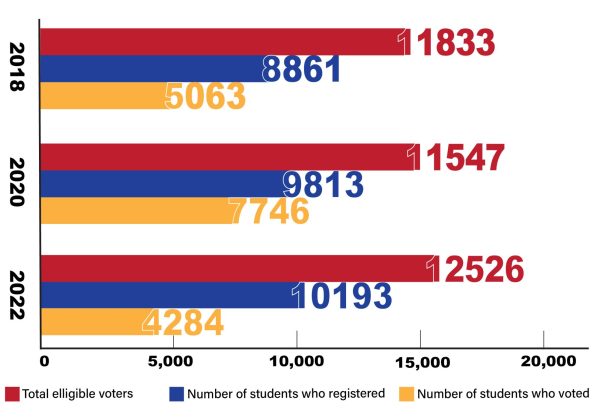
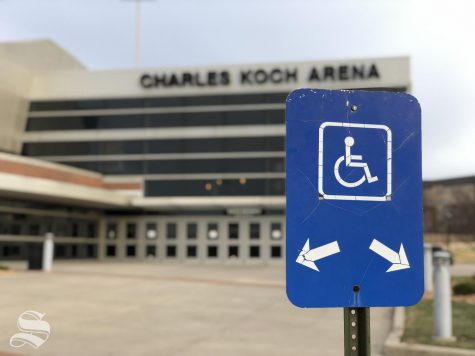


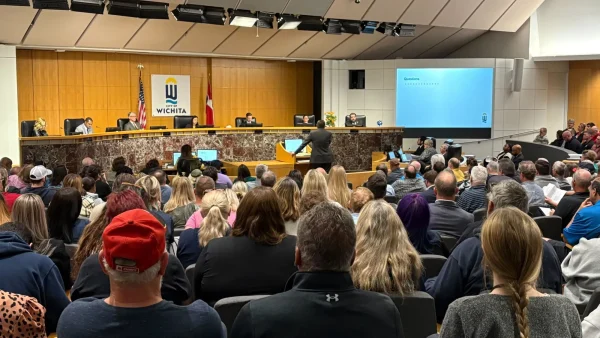
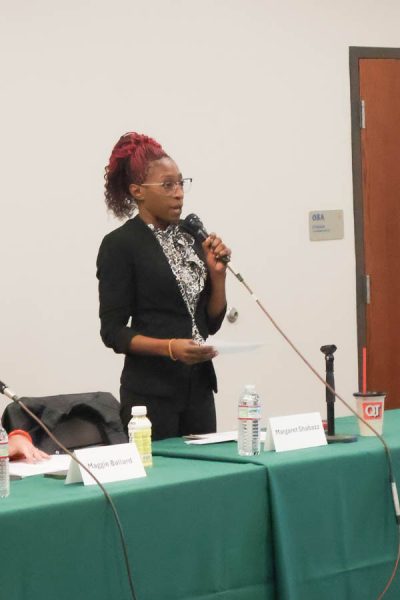
Jan Mead • Sep 24, 2020 at 8:10 pm
Were any Wichita State Alumni instrumental in this effort?